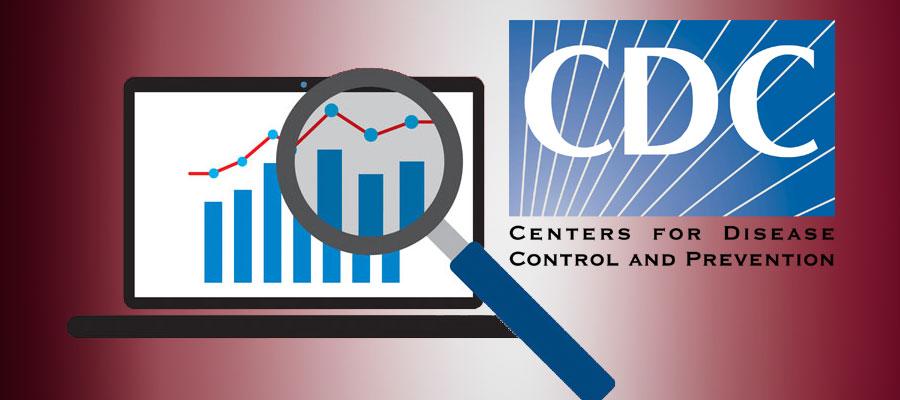CDC report highlights gaps in HIV testing and treatment

About 80 percent of new HIV infections in the U.S. in 2016 were transmitted from the nearly 40 percent of people with HIV who either did not know they had HIV or who received a diagnosis but were not receiving HIV care, according to a study released yesterday by the Centers for Disease Control and Prevention. The report provides the latest data on the impact of undiagnosed and untreated HIV in the nation and underscores the critical need to expand HIV testing and treatment.
“Today, we have the tools to end the HIV epidemic,” said Jonathan Mermin, M.D., director of CDC’s National Center for HIV/AIDS, Viral Hepatitis, STD, and TB Prevention. “But a tool is only useful if it’s in someone’s hands. This is why it’s vital to bring testing and treatment to everyone with HIV – and to empower them to take control of their lives and change the course of the epidemic.”
A proposed federal initiative recommends getting more people tested and in HIV care with a goal of ending the HIV epidemic over 10 years by focusing first on the geographic areas with the greatest HIV burden before expanding to reach all areas of the nation affected by HIV.

